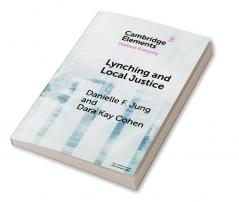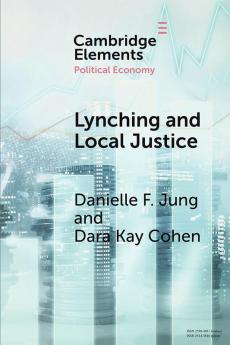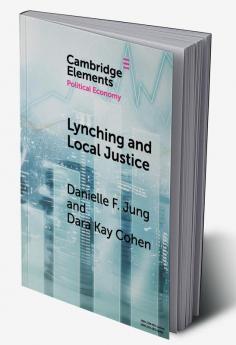This Book is Out of Stock!
English
Paperback
₹2133
(All inclusive*)
Delivery Options
*COD & Shipping Charges may apply on certain items.
Review final details at checkout.
Looking to place a bulk order? SUBMIT DETAILS
About The Book
Description
Author(s)
What are the social and political consequences of poor state governance and low state legitimacy? Under what conditions does lynching lethal extralegal group violence to punish offenses to the community become an acceptable practice? We argue lynching emerges when neither the state nor its challengers have a monopoly over legitimate authority. When authority is contested or ambiguous mass punishment for transgressions can emerge that is public brutal and requires broad participation. Using new cross-national data we demonstrate lynching is a persistent problem in dozens of countries over the last four decades. Drawing on original survey and interview data from Haiti and South Africa we show how lynching emerges and becomes accepted. Specifically support for lynching most likely occurs in one of three conditions: when states fail to provide governance when non-state actors provide social services or when neighbors must rely on self-help.
*COD & Shipping Charges may apply on certain items.
Review final details at checkout.
₹2133
Out Of Stock
All inclusive*
Details
ISBN 13
9781108794473
Publication Date
-17-09-2020
Pages
-104
Weight
-153 grams
Dimensions
-152.4x228.6x5.94 mm






















